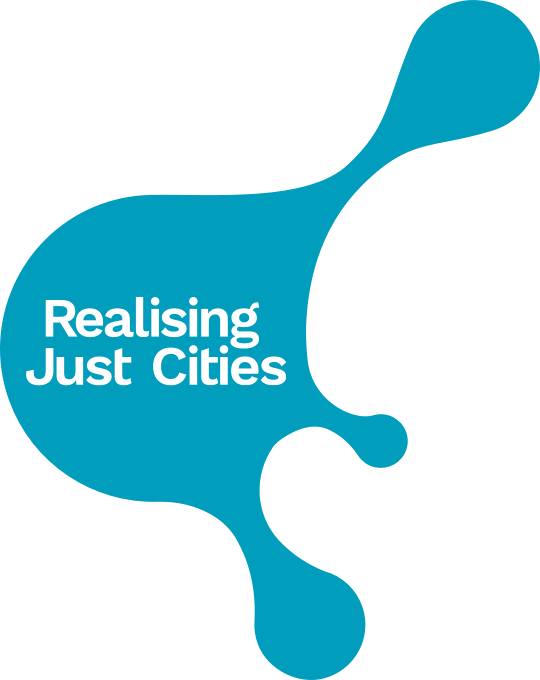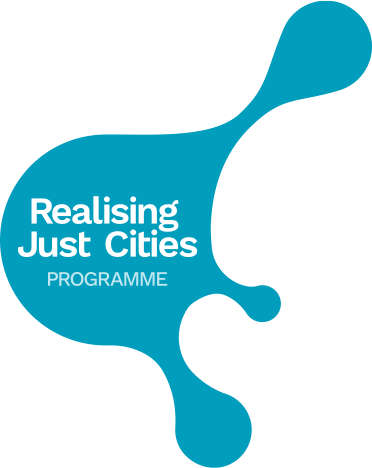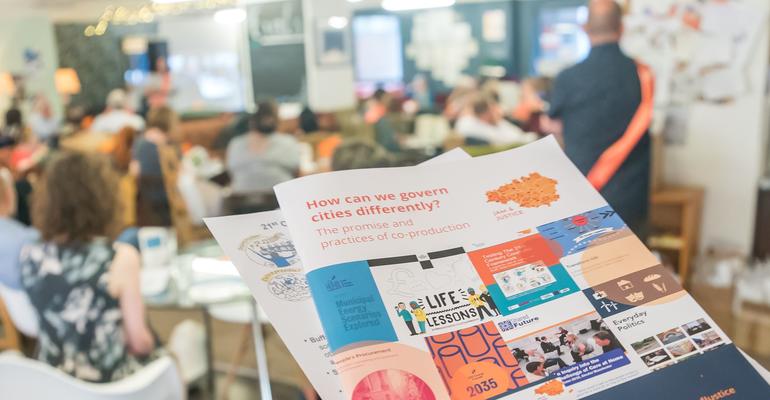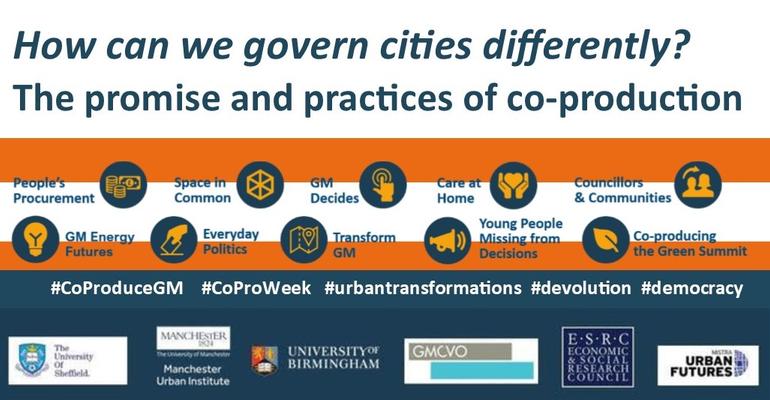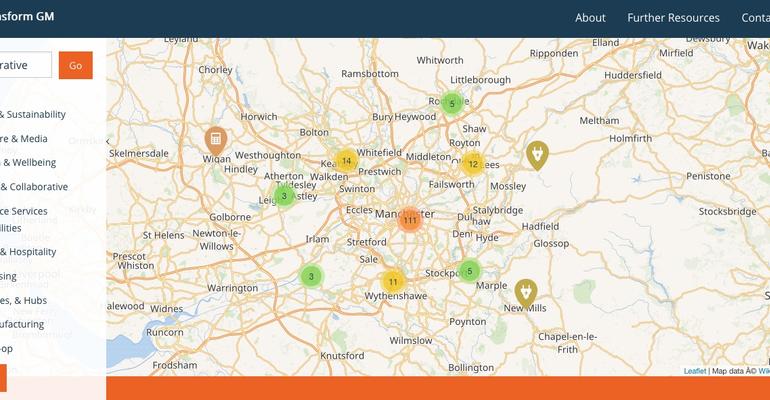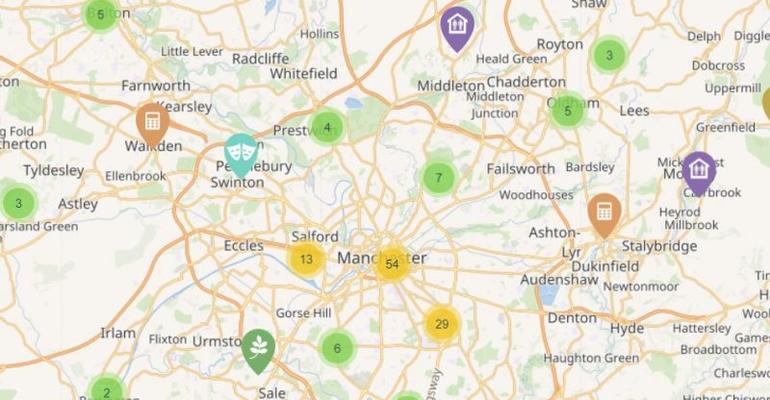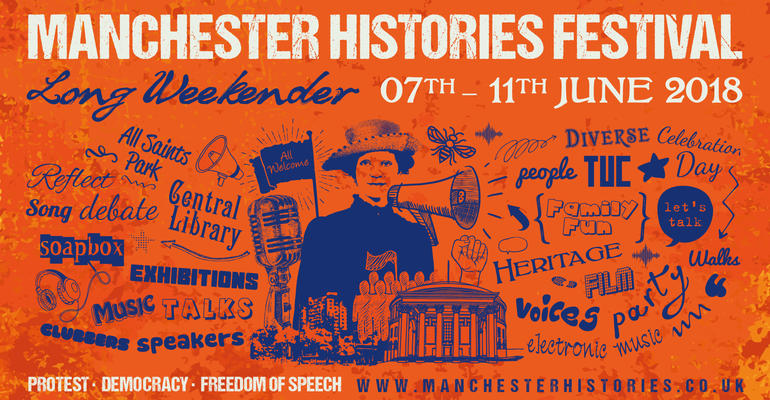Commitment to growth is evident. As the draft GMSF strategy outlines:
‘we are actively promoting a strategy for growth across the whole of Greater Manchester providing opportunities for investment in areas where we have genuine competitive advantages and for the acceleration of growth in those areas where economic activity is weakest’ (GMSF, p.4)
The rubric of ‘growth’ is treated as a catch-all answer to addressing the issues facing Greater Manchester, which includes increasingly economic and social inequality both within Manchester itself, and between Manchester and the 9 other local authorities that comprise the GMCA. Popular discourse around ‘inclusive growth’ has emerged a popular critique of the monolithic discourse on growth, suggesting that ‘growth’ on its own has failed to prevent people from being ‘left behind’, with the benefits of economic growth accruing to the relative few rather than a more general distribution of benefit.
What both the dominant discourse on growth – and the dominant voices promoting ‘inclusive growth’ – often fail to identify is the heterogeneous nature of economic growth. Without further definition, the promotion of economic growth fails to distinguish between economic activity as diverse as speculative property investment and the development of small-scale worker cooperatives. Without this definitional work, and without assessing the economic alternatives already emerging within Greater Manchester, the Greater Manchester commitment to economic growth is liable to fail in its aspiration to ‘maximise the ability of all residents to share in the benefits of [GM’s] economic growth and prosperity’ (GMSF, p.96).
Through a collaborative mapping exercise, Jam and Justice began to both create a definition of - and to ‘make visible’ - the alternative economic sector in Greater Manchester. The research questions that underpinned the research were:
- How can we differentiate between different types of actually-existing economic growth?
- What citizen-led innovations already exist across Greater Manchester?
- Can we draw commonalities between these diverse innovations, and could these indicate a fledgling alternative economic sector in Greater Manchester?
- How can we co-define what alternative, citizen-led, economic alternative would look like for Greater Manchester?
- What role could this sector play in the future of GM, and what could be done to support and promote it?
The pilot study provides a working definition for the Social and Solidarity Economy including what are termed Transformative Economic Actors or TEAs. Greater Manchester's TEAs can be explored via an interactive digital map published online at transformgm.org.
Versions of the report from this pilot study have been submitted in response to consultation on GM's Local Industrial Strategy and the 2019 Cooperative Commission.
To ask questions about this Jam and Justice project, please contact: Bert Russell.
